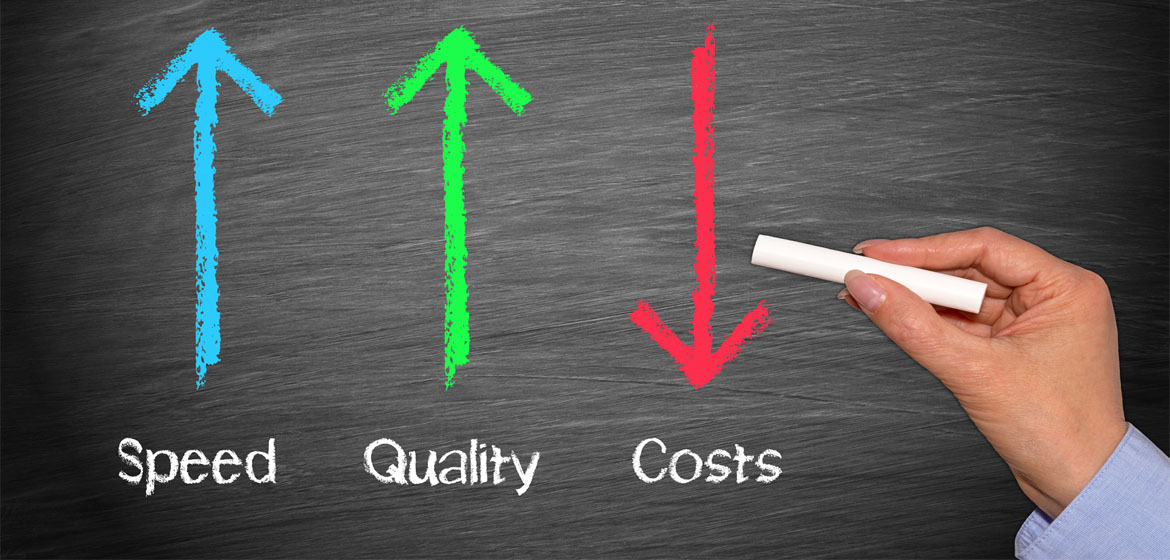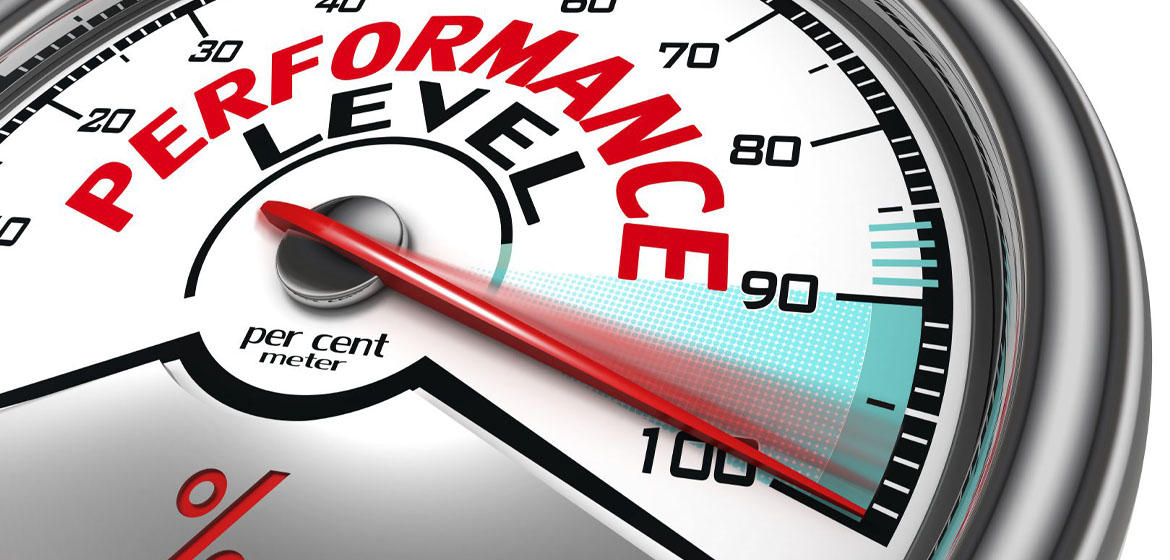A lot of people in our profession try to be hyper-productive. You know, the people who...
A lot of people in our profession try to be hyper-productive. You know, the people who go from task to task, always checking e-mails, organizing something, making a call, running a meeting, delegating tasks etc. The people who do this often subscribe to the idea that “staying busy” means you’re working hard and are going to be more successful. These are the people who mistake movement for achievement. While this belief may be true to an extent, it often leads to mindless “productivity” — a constant need to do something and a tendency to waste time on tedious tasks.

I try to be thoughtful and always ask myself if something can be done more efficiently or eliminated altogether. Managing my time isn’t about squeezing as many tasks into my day as possible. It’s about simplifying how I work, doing things faster, and relieving stress. It’s about clearing away space in my life to make time for people, play, and rest. I promise you - there really are enough hours in a day for everything you’d like to do, but it may take a bit of rearranging and re-imagining to find them.
These are some tips that I find helpful, but everyone is different so feel free to adopt or reject any of the tips or you can adapt them in a way that suits your style and character. On the other hand, you can try them on for size and when you see that your stress levels drop and your productivity increases, then you can add them to your repertoire of time-management skills.
1. Complete most important tasks in priority to your other tasks for the day.
This is the golden rule of time management. Each day, identify the two or three tasks that are the most crucial to complete, and do those first. Once you’re done, the day has already been a success. You can move on to other things, or you can let them wait until tomorrow. You’ve finished the essential.
2. Learn to say “no”.
Each person has its’ own priorities so they will try to manage all their tasks by using other people’s time. However, they can easily take it too far and at some point, you need to learn to say no to those people. Your objective should be to take on only those commitments that you know you have time for and that you truly care about.
3. Sleep at least 7-8 hours.
Some people think sacrificing sleep is a good way to increase productivity and add a couple extra hours out of the day. This is not the case. Most people need 7-8 hours of sleep for their bodies and minds to function properly. You know if you’re getting enough. Listen to your body, and don’t underestimate the value of sleep.

4. Focus to the task at hand.
Close out all other browser windows. Put your phone away, out of sight and on silent. Find a quiet place to work, or listen to some music if that helps you. Concentrate on this one task. Nothing else should exist. Immerse yourself in it.
5. Don’t allow unimportant details to drag you down.
We often allow projects to take much, much longer than they could by getting too hung up on small details. I’m guilty of this. I’ve always been a perfectionist. What I’ve found, though, is that it is possible to push past the desire to constantly examine what I’ve done so far. I’m much better off pressing onward, getting the bulk completed, and revising things afterward. I decide on the time to allocate on the project or task ahead and then I stick to the hours allocated. I ensure that the outcome is as perfect as the time allows.
6. Control the amount of time spend on-line on social media.
Time spent browsing Twitter or Facebook can be one of the biggest drains on productivity. I suggest becoming more aware of how much time you spend on these activities. Simply by noticing how they’re sucking up your time you’ll begin to do them less.
7. Leave a buffer-time between tasks.
When we rush from task to task, it’s difficult to appreciate what we’re doing and to stay focused and motivated. Allowing ourselves down-time between tasks can be a breath of fresh air for our brains. While taking a break, go for a short walk to an office on the next floor just to use the stairs and stretch your legs, or perform some other mind-clearing exercise.
8. Don’t think of the totality of your to-do list – think about outcomes
One of the fastest ways to overwhelm yourself is to think about your massive to-do list. Realize that no amount of thought will make it any shorter. At this point in time, all you can do is focus on the one task before you. This one, single, solitary task. One step at a time.
One of the best ways to achieve more doing less is to focus on your outcomes for the day. Focusing on outcomes will make you think about what are the most important tasks you need to complete to achieve the outcome. This can result in less items on your to-do list as most of them may be redundant in achieving the outcome.
9. Master your body.
Numerous studies have linked a healthy lifestyle with work productivity. Similar to getting enough sleep, exercising and eating healthily boosts energy levels, clears your mind, and allows you to focus more easily. Visit your nutritionist and get the healthiest diet according to your working hours and lifestyle. You need all the energy you can get from your body and mind and to get maximum results you need to have healthy power fuel to boost your energy.
10. Utilize weekends
I’ve found that it’s amazing how doing just a little bit on weekends can really lessen the workload during the week. Aim for 2-4 hours per day. You’ll still leave yourself plenty of free time for activities. This makes Monday less of a headache!
11. Create organizing systems.
Being organized saves tons of time, and you don’t have to be the most ultra-organized person in the world either. Systems aren’t complicated to implement. Create a filing system for documents. Make sure all items have a place to be stored.
12. Do something during waiting time.
We tend to have a lot of down-time where we don’t try to do much. Waiting rooms, lines at the store, time driving to and from work, on the elliptical at the gym, etc. Find things to do during this time like making some of your calls (use hands-free while driving) or you can listen to audio books.

13. Batch related tasks together.
Different tasks demand different types of thinking, so it makes sense to allow your mind to continue to flow with its current zone rather than switching unnecessarily to something that’s going to require you to re-orient.
14. Make a “to don’t” list.
Prepare a list that contains all the things you shouldn’t waste your time on – useless tasks, unnecessary meetings, worthless phone calls, and so on. Then place it next to your “to do” list – and stick to it.
15. Enjoy your work
Enjoyment should always be the goal. Work can be play. We get so caught up in busyness that we forget to enjoy what we’re doing. Even when we focus on working smarter, we’re still often too focused on getting things done. This should never be the point. Always ask yourself: What can I do to spend more time enjoying what I’m doing? The goal should be to arrange your commitments in a way that you’re happy living out the details of your daily life, even while you’re working.
The Sunday Night Test
Take the Sunday night test. If you’re like 99 percent of the population, you’ve experienced SNSD “Sunday night stress disorder.” This disease begins around 6:30 on Sunday night and reaches a crescendo around 11:00 PM, as you realize you’re going to have to go to work the following day. So this Sunday night, when you go to sleep, ask yourself: “Am I suffering from SNSD?” If so, you might be doing something wrong. Use the above tips and experience the cure from SNSD.



